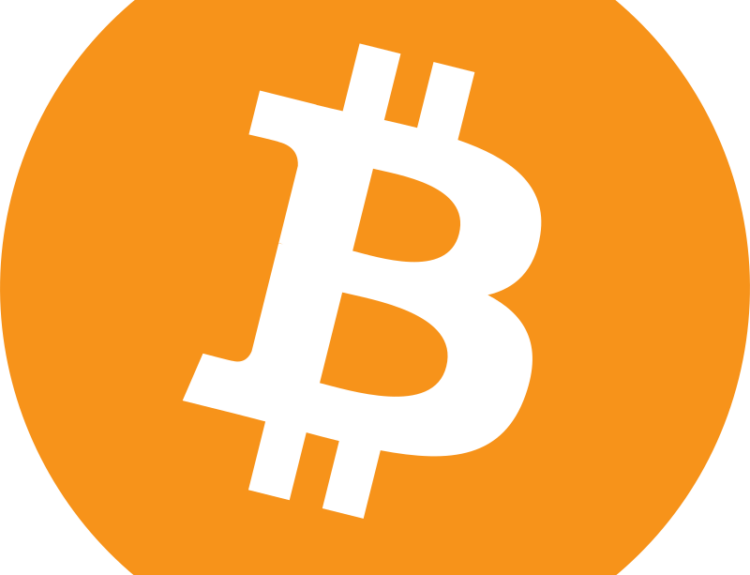Americans Grow Pessimistic Ahead of Election
- Consumer confidence falls to a three-month low in September
- Job market concerns and high cost of living contribute to pessimism
- Index of consumer confidence drops to 98.7 from 105.6 in August
- Biggest one-month decline since mid-2021
- Economists predicted an increase to 104.0
- Current economic situation measure at 124.3, lowest since March 2021
- Job openings and hires declining sharply
- Federal Reserve cuts interest rates due to slowing inflation and job market concerns
- Economy expected to expand at 3% in Q3 but with potential for weaker growth ahead
Consumer confidence has dropped to a three-month low in September, with concerns over the job market and high cost of living contributing to pessimism. The index of consumer confidence fell to 98.7 from a revised 105.6 in August, marking the largest one-month decline since mid-2021. Economists predicted an increase to 104.0. The gauge of consumers is below the average of 128 before the pandemic. Job openings and hires have also declined sharply. The Federal Reserve cut interest rates due to slowing inflation and job market concerns, signaling potential for weaker economic growth in Q4 and beyond.
Factuality Level: 8
Factuality Justification: The article provides accurate information about the decline in consumer confidence, the reasons behind it (job market concerns and inflation), and its potential impact on the economy. It also includes relevant data points such as unemployment rates and the Federal Reserve’s actions. The article is not overly dramatic or opinionated, and presents a balanced view of the situation.
Noise Level: 3
Noise Justification: The article provides relevant information about consumer confidence and its relation to the upcoming U.S. election and economic factors such as inflation and unemployment. It also includes expert opinions on the potential impact of these trends on future economic growth. However, it lacks in-depth analysis or exploration of long-term consequences and does not offer significant actionable insights for readers.
Public Companies: Dow Jones Industrial Average (DJIA), S&P 500 (SPX), Conference Board (), Wall Street Journal ()
Key People: Ben Ayers (senior economist)
Financial Relevance: Yes
Financial Markets Impacted: The article mentions the impact on consumer confidence, job market, unemployment rate, inflation, interest rates, and stock market (Dow Jones Industrial Average and S&P 500).
Financial Rating Justification: The article discusses consumer confidence, which is a financial indicator that can signal the direction of the economy. It also mentions the impact on the job market, unemployment rate, inflation, interest rates, and their effect on stock markets, making it financially relevant.
Presence Of Extreme Event: No
Nature Of Extreme Event: No
Impact Rating Of The Extreme Event: No
Extreme Rating Justification: There is no extreme event mentioned in the article. The focus is on consumer confidence and its decline due to economic factors such as inflation, unemployment, and job market concerns.
Move Size: No market move size mentioned.
Sector: All
Direction: Down
Magnitude: Large
Affected Instruments: Stocks
 www.marketwatch.com
www.marketwatch.com 





